A moment of crisis is a moment of opportunity.
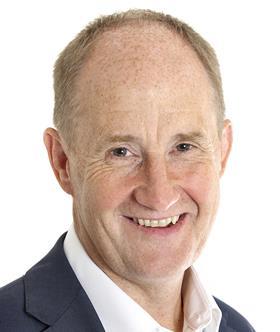
A new leader for our party, the country and, potentially, the opposition, offers the opportunity to step back from our current housing policies and make sure that we are meeting all of today’s needs and challenges.
Certainly, housing has been a primary focus of this government. The homes to buy policy has been very positive, making it 20% cheaper for many young people to get on the ladder.
Reforms of the planning system, initiatives to help develop brownfield sites and making better use of our housing assets to deliver homes for those most in need are all welcome changes.
However, there is more we need to do, generally in terms of making sure we build more homes, and specifically to meet the demand of those who cannot afford to buy or rent at current market levels.
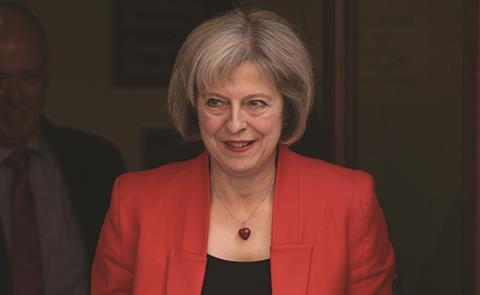
Although there has been a continuing long-term decline in the number of people living in relative poverty, around three million do so solely due to housing costs.
More housing of all tenures can also help to provide solutions to many of today’s challenges, including homelessness. It can also ease demand for supported housing and health and adult social care through the delivery of more ‘step down’ accommodation.
There are a number of private sector solutions to the provision of affordable homes to rent. For example, housing associations will benefit from a new injection of funds through Right to Buy. The likes of L&G, Grainger and Essential Living are also making significant investment in the PRS.

Some PRS developments offer a proportion of the units at Discount Market Rent using a flexible rent model with reductions of up to 50% of market value, for those on low incomes and keyworkers. Blended across the development, yields are still attractive and commercially viable.
I fully accept the need to control government spending, but also believe recurrent expenditure is entirely different from investment spending.
Investing directly in building more homes
At a time when government can borrow at below 1%, it makes sense that it considers investing directly in building more homes to meet community needs while generating a good return on its investment.
Government intervention is also required to meet the skills and logistical challenges of building the 250,000 homes per year that we require. The last time we achieved this level was in 1977-78, when local authorities were building 108,000 a year. Although numbers have been increasing from the dismal recessionary years, we delivered only 166,000 in our most recent full year.
Devolution can play a significant role in this, liberating our regions by passing powers and fiscal freedoms to local decision makers.

Before embarking on a fixed path following any policy announcement, the government could work with the select committees for Communities and Local Government and Work and Pensions - or indeed others - to make sure we deliver an effective, cross-party, long-term policy driven by the best expertise and evidence.
It could also work with the private sector on cost-effective construction method, with companies like Zurich Insurance, for example, which have undertaken extensive research that can help to improve our approach to designing out crime or Rentplus, whose rent to buy innovations automatically allow tenants to save for a deposit while paying rent.
I think there is a growing understanding that the state and the private sector, working together and learning together, can provide more ideas and long-term solutions than either party working in isolation.
Kevin Hollinrake is the Conservative MP for Thirsk & Malton























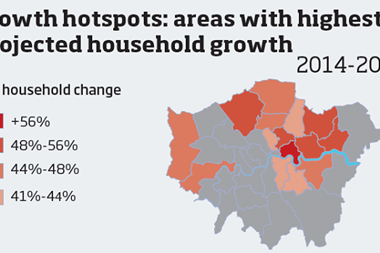
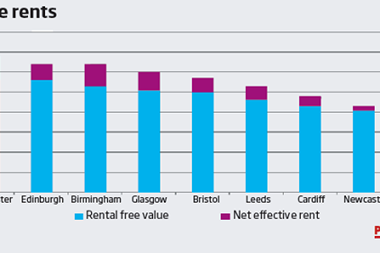
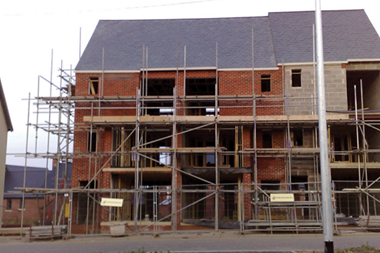

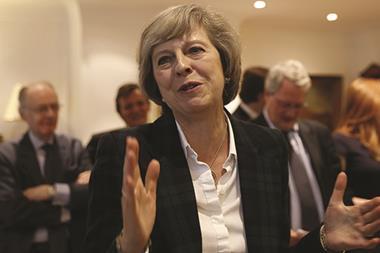

1 Readers' comment